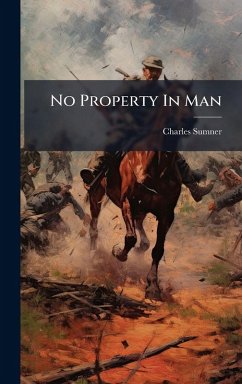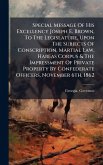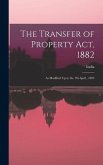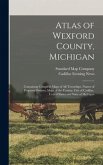"No Property In Man" presents the compelling speech delivered by Hon. Charles Sumner to the United States Senate on April 8th, 1864. Sumner, a leading voice in the abolitionist movement, passionately argues in favor of amending the Constitution to abolish slavery throughout the United States. This powerful address, delivered during the height of the Civil War, elucidates the moral and legal imperative to end the institution of slavery, advocating for the recognition of the inherent human rights of all individuals. Sumner's eloquent arguments and historical insights make this speech a significant contribution to the understanding of the political and social forces that shaped the nation's trajectory during this critical period. This historic speech provides invaluable context to the passage of the 13th Amendment and remains relevant for scholars and anyone interested in American history, constitutional law, and the ongoing struggle for human rights. This work has been selected by scholars as being culturally important, and is part of the knowledge base of civilization as we know it. This work was reproduced from the original artifact, and remains as true to the original work as possible. Therefore, you will see the original copyright references, library stamps (as most of these works have been housed in our most important libraries around the world), and other notations in the work. This work is in the public domain in the United States of America, and possibly other nations. Within the United States, you may freely copy and distribute this work, as no entity (individual or corporate) has a copyright on the body of the work. As a reproduction of a historical artifact, this work may contain missing or blurred pages, poor pictures, errant marks, etc. Scholars believe, and we concur, that this work is important enough to be preserved, reproduced, and made generally available to the public. We appreciate your support of the preservation process, and thank you for being an important part of keeping this knowledge alive and relevant.
Bitte wählen Sie Ihr Anliegen aus.
Rechnungen
Retourenschein anfordern
Bestellstatus
Storno








